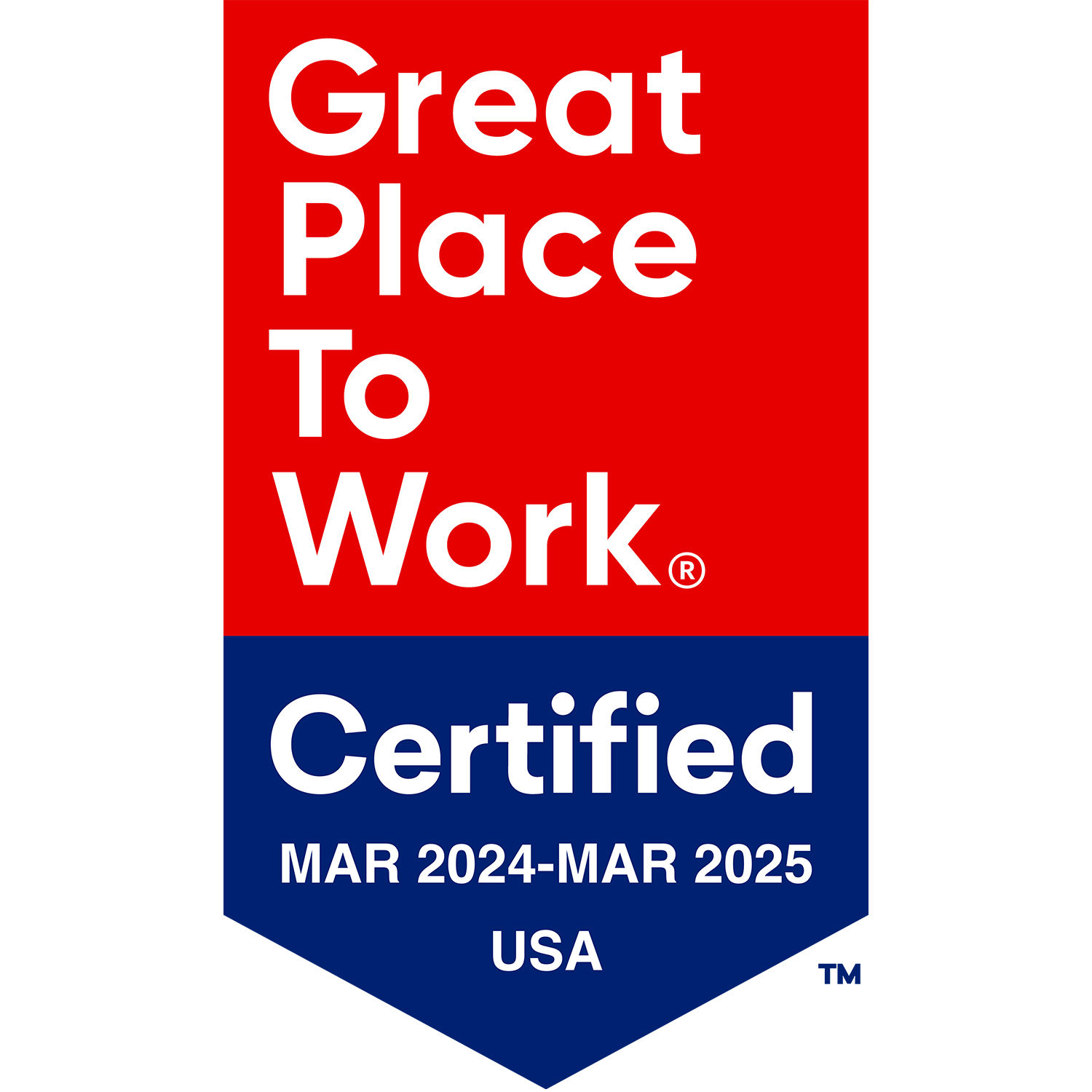By Rick Banas of assisted living provider BMA Management, Ltd.
The evidence is clear. Falls are the leading cause of injury and loss of independence among older adults.
 Facts from the Centers for Disease Control and Prevention (CDC) speak for themselves:
Facts from the Centers for Disease Control and Prevention (CDC) speak for themselves:
One out of three individuals 65 and older fall each year.
Among individuals 65+, falls are the leading cause of fatal and non-fatal injuries.
Falls are the most common cause of traumatic brain injury.
20% to 30% of those who fall suffer moderate to severe injury.
Individuals 75 and older are four to five times more likely to fall than those 65 to 74 years of age.
Many people who fall develop a fear of falling, even if they are not injured. As a result, they limit activity which leads to reduced mobility and a loss of physical fitness which increases the risk of falling.
Less than ½ of those who fall talk to their health care providers about it.
People fall for many reasons, including loss of strength and flexibility, the medications they are taking, their eating habits, clutter, the shoes they wear, and improperly adjusted or poorly designed canes and walkers. Hearing issues also can affect your balance.
Fortunately, falling is not a normal part of aging. There are steps you can take to improve your balance, reduce the possibility of falling. Here are some of them.
Talk with your doctor and other health care providers immediately if you fall or are having issues with your balance. Do not ignore the situation.
Have your doctor and pharmacist review all of the prescription and over-the-counter medications that you take, especially to identify any medications that may cause dizziness, drowsiness or other side effects.
Have your eyes checked at least once a year, and do not ignore any changes in your vision. Cataracts, glaucoma and macular degeneration as well as not having the right prescription for your glasses can increase the risk of falling.
Reduce your risk of a hip fracture by getting adequate amounts of Vitamin D and calcium.
Wear properly-fitting shoes with non-slip soles.
Reduce tripping hazards in your home by eliminating the clutter. Also eliminate or tape down small throw or area rugs. As nationally recognized safety expert Dorothy Drago suggests in her recently released book on Living Safely – Aging Well, if the rug can’t go, consider hanging it on a wall like a tapestry.
Install grab bars by the toilet and in the shower/bathtub. Install railings on both sides of the stairs.
Be sure the lighting on both the inside and outside of your house is adequate. You should have lighting at both the top and the bottom of any staircase. Nightlights should illuminate the path from your bed to your bathroom.
Equip your shower/bathtub with non-skid mats.
Using a cane or walker can help reduce your risk of falling. Ask your doctor or other health care professionals for their recommendations on what cane or walker is right for you. Be sure your cane or walker is properly adjusted for your height and that you receive instructions on how to properly use your cane or walker. Remember, your cane or walker does you no good if you do not use it.
Be sure items you frequently use are stored in an area you can easily reach without having to use a step stool or ladder.
Perhaps the most important thing you can do is to exercise regularly, especially focusing on exercises that will strengthen your legs. Your legs are not only essential for mobility; they help you get out of bed, chair, car, bathtub or shower and off a toilet.
I encourage you to take every step you can to Age Well.
All affordable assisted living communities managed by BMA Management, Ltd. are certified and surveyed by the Illinois Department of Healthcare and Family Services. All assisted living communities are licensed and surveyed by the Illinois Department of Public Health.
“BMA Management, Ltd. is the leading provider of assisted living in Illinois
and one of the 20 largest providers of assisted living in the United States.”
What are your thoughts? Leave a comment and let us know.




